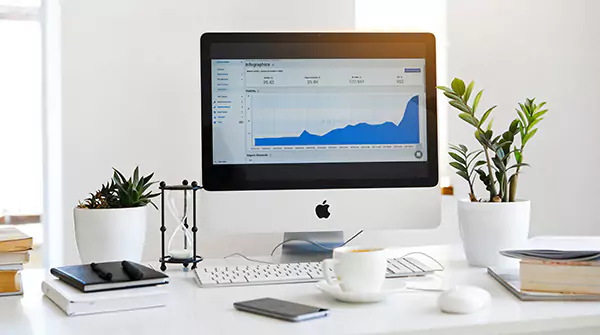Consider allowing pets
If your property allows pets, offering this as an option for tenants can be very popular. Tenants are often keen to sign longer leases and pay slightly more rent if they are able to have their furry friends with them. Of course, ensure both you and your tenants sign a pet policy and check with your body corporate to ensure pets are permitted before offering this.
Only make small rental increases
If you are looking to increase the rent, it’s advisable to only make small increases and to ensure you understand the legislation in your State or Territory with respect to how often this can be done and the notice periods required.
Be a bit flexible
Maintaining a degree of flexibility with good tenants can help keep them happy. From time to time, requests are made by tenants, such as small alterations to the property that will not impact the value of the property or may increase the value of the property. Being prepared to be flexible when these requests can help with tenant retention.


























